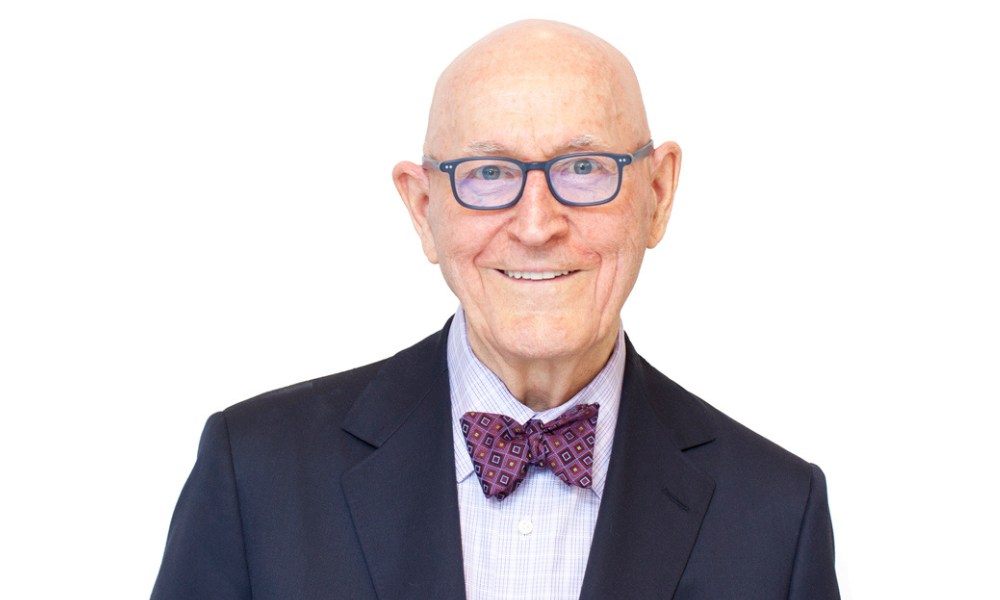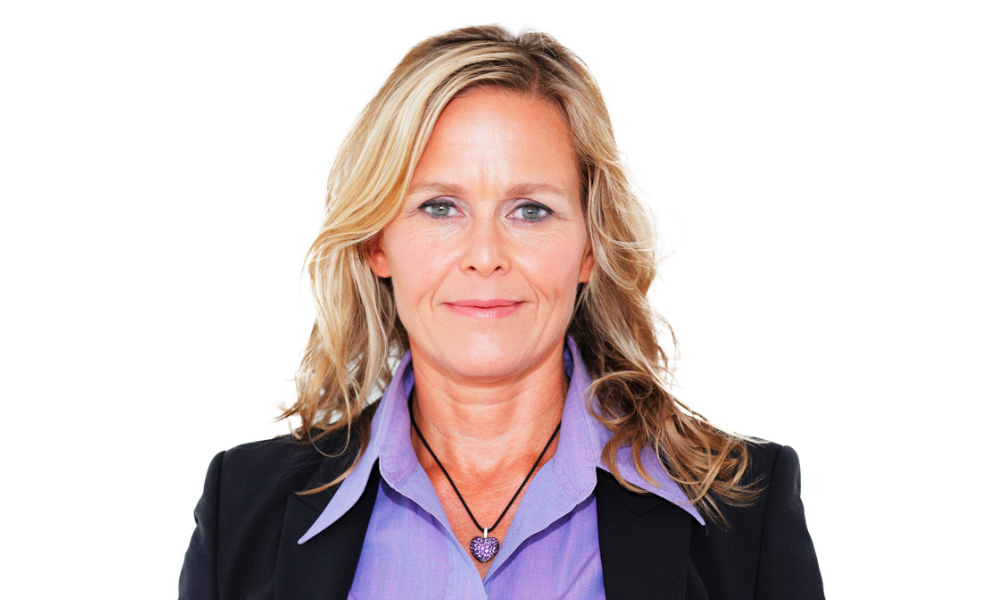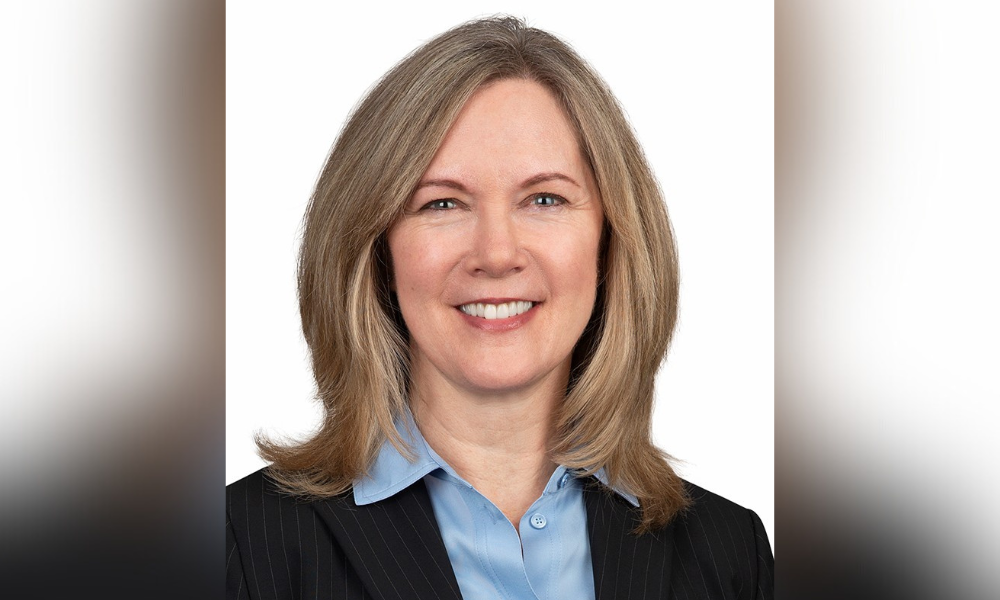
Lawyers discuss the law's shortcomings and obstacles to reform as Canada's population ages

IN 1994, 88-year-old George Banton married a 31-year-old restaurant server who worked in his retirement home.
Banton had prostate cancer, for which he had three surgeries between 1991 and 1993, and doctors predicted his life expectancy was between two and three years. Before their marriage, Banton’s five children grew concerned about his relationship with the restaurant server, Muna Yassin. Banton’s daughter took him to see a doctor who deemed him financially incompetent and issued a Certificate of Incompetence under the Mental Health Act.
News that Banton, accompanied by Yassin, had gone to the bank to withdraw $10,000 from his account and cash several cheques led two of his sons, who acted as powers of attorney, to transfer his money into a trust for which they would be the trustees. Two days after the trust was executed, Banton married Yassin. A few days later, they had a will prepared under which his entire estate would be left to Yassin.
Banton’s children were successful in setting aside the will on the grounds of testamentary incapacity and undue influence from Yassin. However, Ontario Superior Court Justice Maurice Charles Cullity found Banton had the capacity to marry Yassin, and their marriage was valid.
Banton v. Banton is a classic example of predatory marriage and how the courts have lacked the tools to fight it.
“There were several difficulties,” says Albert Oosterhoff, a professor emeritus at Western University’s Faculty of Law who specializes in wills, trusts, and property law. “One is that the test for capacity to marry is a very lenient one.”
 Albert Oosterhoff
Albert Oosterhoff
Oosterhoff, who is also firm counsel at Whaley Estate Litigation Partners, says that if a person understands what a marriage is, they are deemed capable of entering a marriage.
Another problem was that, at the time, a new marriage automatically revoked a prior will. The law in Ontario changed as of January 2022, and a new marriage does not automatically revoke a prior will in BC, Alberta, Saskatchewan, and the Yukon.
Because a predatory marriage could void the previous decisions about how the estate would be dealt with upon death, it is a potent weapon for predators. But Oosterhoff says that changing the rule is not a complete answer. The predatory spouse is entitled to make an equalizing claim on the two estates, which could provide them access to a significant portion of the estate of the vulnerable spouse. The predator is entitled to claim dependant support from the estate, arguing that they were dependent on the spouse and not adequately provided for.
“There are a lot of benefits that go to a surviving spouse,” he says.
While the lenient test for capacity remains a problem, the case of Canadian boxing legend George Chuvalo “moved the needle along,” says Kimberly Whaley, an estate litigator and the founding partner at Whaley Estate Litigation Partners. After their father experienced a steep cognitive decline, Chuvalo’s children filed divorce proceedings on his behalf against their stepmother, Joanne, with whom Chuvalo had long been separated. Joanne claimed they had reconciled, but the children accused her of kidnapping, extortion, brainwashing, and preying on Chuvalo’s vulnerable state for financial gain.

Kimberly Whaley
The judge ruled that Chuvalo lacked the capacity to reconcile based on a doctor’s expert opinion that his cognitive deterioration robbed him of the ability to appreciate the consequences of his choices.
While Chuvalo’s case represented slight progress in equipping the legal system to deal with predatory marriages, legislative reform is necessary, say Whaley and Oosterhoff.
Barbara Kimmitt practises wills, trusts, and estates and is a partner at Bennett Jones LLP. She says predatory marriages are a “really tricky, unfortunate” societal problem but do not represent a gap that provinces or federal governments should fill.

Barbara Kimmitt
Kimmitt says spouse trusts could provide some protection against predators. When one spouse dies and leaves their estate to their surviving spouse in a trust, the trustee will have control, not the spouse. If a new, predatory person comes onto the scene and tries to coax money from the vulnerable, surviving spouse, then they must also persuade the trustee to release the funds.
She says the downside of a spouse trust is that it requires an annual tax return and adherence to disclosure rules.
Equitable remedies are another tool to counter the plunder that accompanies a predatory marriage, says Whaley. Relevant equitable doctrines include undue influence, unconscionability, unjust enrichment, statute as an instrument of fraud, and the principle that “no one shall profit from wrongdoing.”
“But in my view, there has to be a statute that a court can go to, to have a tool to look at the undue influence, to look at the capacity, from a modern-day view and establish whether or not the situation was predatory.
“If there were predatory marriage legislation, it will give our courts the ability to legislatively have a tool to deal with the inequities,” she says.
One of the challenges with drafting legislation to fight predatory marriages, says Oosterhoff, would be doing so such that people with intellectual disabilities are not precluded from marrying. He says lawmakers could give the courts more discretion to determine whether one party is pursuing the marriage to access the other’s property and prevent that from occurring.
“We need to make the marriage legislation much more strict,” he says.
In most provinces, those who issue marriage licenses and those who officiate at weddings are not required to inquire into the capacity of the marrying parties, says Oosterhoff.
“What we need is a serious investigation by them into their capacity to marry. It’s got to be more than just a little chat.
“We need better legislation for that.”
Oosterhoff believes governments must take the problem much more seriously and must investigate whether legislation is appropriate.
In the meantime, he says, families must take precautions and remain aware and vigilant about predatory marriage. While they may live far away from their aging loved ones, families must be aware if there is a caregiver or some other type of person who is making inappropriate advances. Families could consider whether the elderly relative should move in with them. They may also consider having their loved one undergo capacity assessments to determine whether they have the capacity to marry, enter a power of attorney for property and personal care, or make a will.
“All those things, if you do them in advance, then you cut off the predator at an early stage,” says Oosterhoff. “If you don’t do anything until after the victim dies, then it’s much more difficult to bring proceedings.”
8%: Proportion of total population 65 and older in 1971
11.3%: Proportion of total population 65 and older in 1990
14.1%: Proportion of total population 65 and older in 2010
18.9%: Proportion of total population 65 and older in 2023: